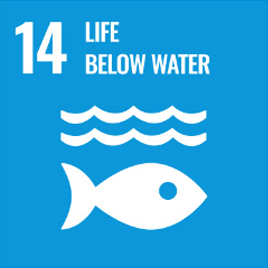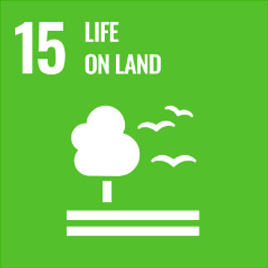Founded on the guiding principles of the Sustainable Development Goals 3, 6, 14 & 15
Freshwater makes up only 2.5% of the world’s water, with just 1% readily accessible and the majority trapped in glaciers and snowfields, leaving a mere 0.007% available to sustain 7.8 billion people.
In Ireland, the Environmental Protection Agency (EPA) reports that only half of the rivers, 69% of lakes, and 36% of estuaries are in satisfactory ecological condition. Between 2016-2021, water quality in estuaries has notably worsened, with a 15.7% increase in areas failing to meet satisfactory standards. Major contributors to water pollution include agriculture, alterations to water bodies, wastewater discharges, and forestry.
Water pollution control in Ireland is governed by the Local Government (Water Pollution) Acts 1977-1990 and the Water Services Act 2007-2013. For large-scale productions, details of wastewater treatment licences may need to be submitted as part of the licensing process, although water conservation is not yet mandated by law.
Pollution sources such as cigarette butts, household and personal care products, diesel, paint, and urine can degrade waterways, impacting aquatic biodiversity and resilience to climate change. This means that the Cultural and Creative Industries play a crucial role in making environmentally conscious choices, including the careful disposal of liquids, to mitigate their environmental impact.

Focus on: Cigarette Butts
Cigarette butts, often overlooked as minor litter, are a significant source of pollution, posing serious threats to water quality and aquatic life in local waterways.
The Problem:
- Cigarette filters contain cellulose acetate, a form of plastic that takes up to 10 years to degrade.
- They are the most collected item in beach clean-ups worldwide, indicating a pervasive issue.
- Chemicals leached from disposed butts, including nicotine, heavy metals, and various toxins, contaminate water, affecting its quality and marine ecosystems.
Impact on Waterways:
- Laboratory studies show that leachates from a single cigarette butt can contaminate up to 1,000 litres of water, proving toxic to aquatic organisms.
- Accumulation of butts in water bodies leads to the ingestion by marine and freshwater species, mistaking them for food, which can cause internal blockages or poisoning.
The Solution:
- Always provide ashtrays at your place of work, on-site at productions, and for your audiences. Cigarette butts can enter waterways and aquatic systems through storm drains too, so even in urban areas they need to be disposed of properly.
- Educate your stakeholders (and help them to give up!)
Source: Scarborough et al, Nature Food, 2023






